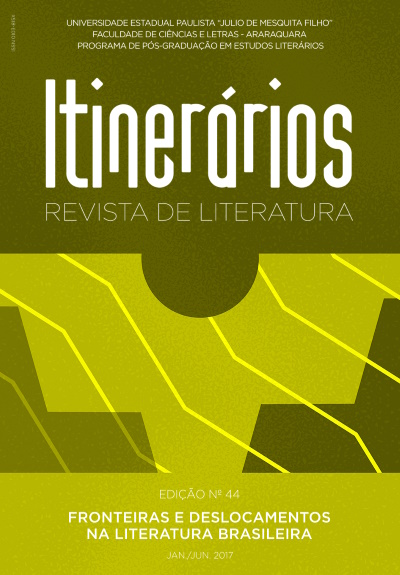Settings of space in Carlos Heitor Cony’s novel The house of the tragic poet
DOI:
https://doi.org/10.58943/irl.vi44.9011Keywords:
Carlos Heitor Cony, Novel, Poetics, Space, Time,Abstract
This study aims to verify how the spaces are configured in Carlos Heitor Cony’s novel The house of the tragic poet (2005). The critics usually reiterate as one of the dominant tonics in the vast fictional production of this author “a poetics of time”, in which the existentialist issues of Sartrean ideas induce reflections on the inexorability of the wearing of man in his precarious condition, which is the eternal “nausea” to know condemned to the freedom of the temporal circumstances in which he is inserted. It is also necessary to emphasize how this temporal problem is enhanced through procedural features, articulated in a real “poetics of space” (BACHELARD, 1988). Rather than emphasizing the symbolic significance of the meanings of space in the famous writer’s work, what is intended here is to invest in a proposal of overthrowing the static notions of “concreteness” of space, as proposed by Massey (2008) in For the space: a new politics of spatiality and Brandão (2015) in “Espaços-limite na literatura contemporânea”.Downloads
Published
17/01/2018
Issue
Section
Borders and displacements in brazilian literature
License
Os manuscritos aceitos e publicados são de propriedade da revista Itinerários. É vedada a submissão integral ou parcial do manuscrito a qualquer outro periódico. A responsabilidade do conteúdo dos artigos é exclusiva dos autores. É vedada a tradução para outro idioma sem a autorização escrita do Editor ouvida a Comissão Editorial.

